The 3D Printed Watches of Dutch Watchmaker Michiel Holthinrichs – Part 2, Up Close with the Ornament 1
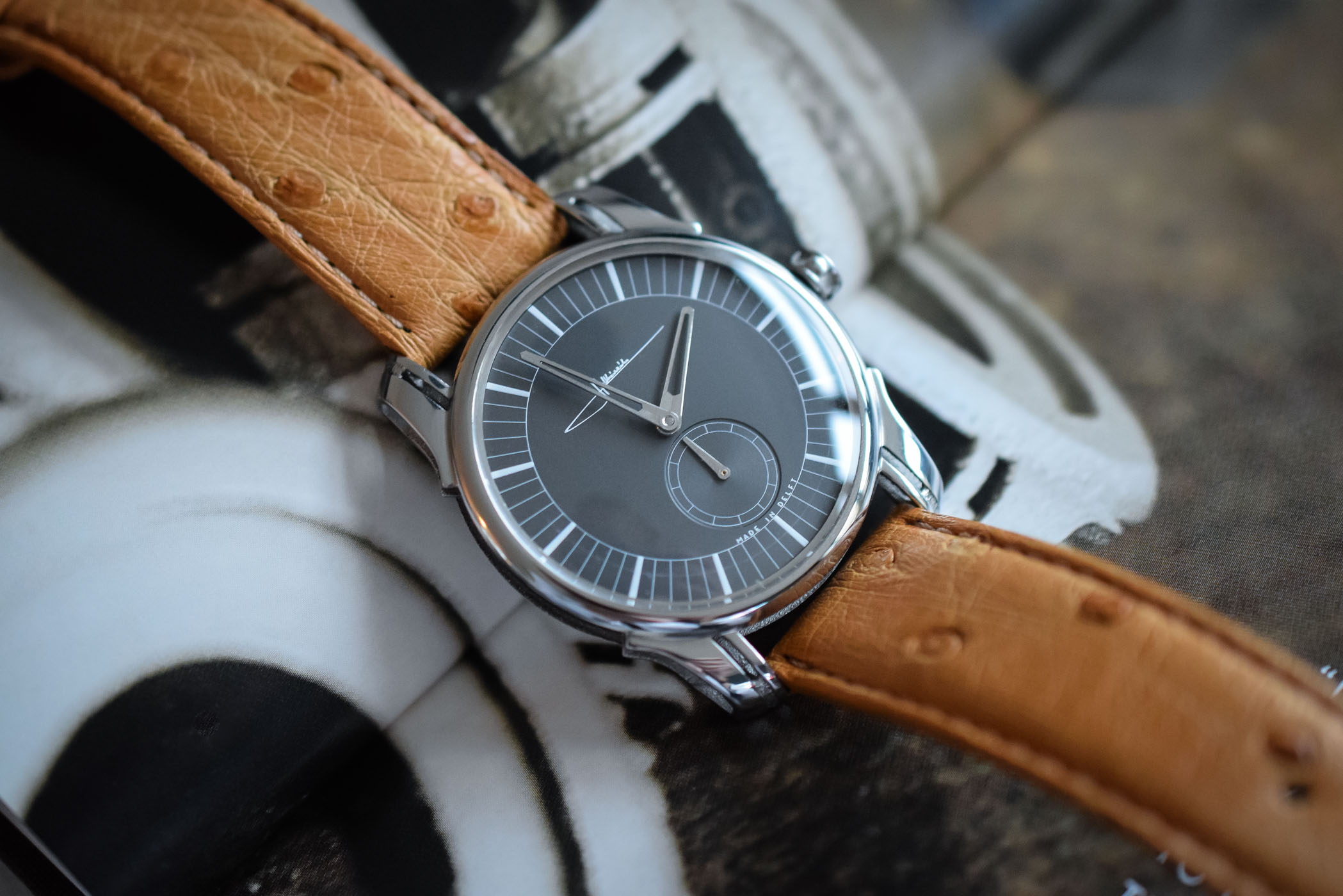
After introducing Michiel Holthinirichs as a watchmaker and brand yesterday, it is time for an in-depth review of the Holthinrichs Ornament 1. I already explained some elements of the 3D printing used to create Michiel’s first watch, but feel it is important to underline the fact that this is not a gimmicky watch. It is not a watch that leans on the concept of 3D printing, this is a watch that incorporates 3D printing into its design and architecture. It’s not the first time we investigate 3D printing, but the Holthinrichs Ornament 1 takes 3D printing to a very different level.
Besides creating the Ornament 1, Michiel Holthinrichs also buys, restores and sells vintage watches, all from his small cosy atelier in the historical part of Delft, in the Netherlands. A cool place to visit, and an inspiring area when it comes to architecture, the Art Deco period which inspires Michiel as an architect and design graduate, is visible throughout, starting with the doorway and the tiled floor. A fitting environment for a small, independent watchmaker slaving away to create his dream.
The first creation from Holthinrichs Watches, the Ornament 1, is a watch that is heavily influenced by Michiel’s love of architecture and his upbringing – his father was an engineer and his mother an artist. It follows a few classic design codes, like the symmetry of the dial and the proportions and placement of the hands. Another nod to vintage watchmaking is the frontloaded movement which keeps the dimensions very modest, but more on that later.
Overall appearance and features
The Holthinrichs Ornament 1 looks deceptively simple and vintage at first sight. Not a strange sensation, of course, considering Michiel’s love of vintage watches. His passion for design and vintage watches is an excellent inspiration when it comes to watchmaking architecture. The watch is a pleasure to wear; slim, lightweight, modestly sized and with small touches that give it a soul.
It takes time to find and appreciate all the little touches and investigate the details. Inviting you to interact with a watch, is to me, one of the factors that transform a nice watch into a very nice watch, from just another mechanical timepiece to a standout piece in your collection.
The proportions of the Holthinrichs Ornament 1, something very important to how we experience design, are pretty much bang-on. And sure, some people might be into another style of watches, but looking at this one it’s hard to find something to quibble with.
Case and strap
The most interesting part is the construction of the case of this Holthinrichs Ornament 1. As I explained in my previous article about the man, his brand and 3D printing, it is a process of trial and error, a learning-by-doing experience. A handful of unexpected factors has to be taken into the equation. Factors like the stability of the printed parts, heat remittance, tolerances of less than a hundredth of a millimetre, all these can affect the final product if a solution has not been found.
The process of the 3D printing involves building a part layer by layer, a quarter of a millimetre at a time. The rough finishing of the parts after printing need to be processed and hand-finished to get them to watch industry standards. In the end, it gives you a unique looking watch, staying true to traditional watchmaking by incorporating modern technology.
The final result is a 38mm wide steel case with a reasonable thickness of 10mm. A thin bezel allows for a relatively large dial, which is covered by a vintage-styled, domed Plexiglas, squeezed in place so it protrudes ever so slightly over the bezel. An important thing to note is that the case of Holthinrichs Ornament 1 is made out of one part, to begin with. There is no separate bezel, no soldered-on lugs, no sandwich construction, just one 3D printed piece.
The caseband and lugs reveal the innate potential of this technique. The side of the case is deeply concave, with crown guards emerging from the depths of the caseband on one side, and the Holthinrichs signature name on the other. The striking contrast between the highly polished bezel, the upper and lower surfaces of the case and lugs combined with the grainy, unfinished surface of the caseband and the inside of the lugs is very impressive! It really shows you the different possibilities available with 3D printing. The openworked lugs are not soldered to the case, like I already mentioned, but they seem to be sandwiched in the caseband, giving them the look of being a separately machined part. This is partly due to a super subtle, thin gap behind the lugs, so it seems they are not a fixed part.
When it comes to the strap, there is a wide range of materials and colours to choose from, but nothing too fancy. Ostrich or genuine alligator in various colours can be chosen, but if you want something else, Michiel can help you out. The strap is attached to the wrist with a printed steel pin buckle.
Dial and hands
The dial of the Holthinrichs Ornament 1 is available in a couple of versions. There is the ruthenium dial version you see here, but also a satin silver finishing is possible. Holthinrichs Watches also offers the Delft Blue Limited Edition, a run of 10 pieces that pay homage to the famous white-and-blue porcelain from Delft.
Talking about proportions again, the dial is perfectly segmented from the hands outward. Looking at the bottom half of the dial, you will find the central axis, the axis for the small seconds, the tip of the hour marker and the edge of the dial, which are all equidistant to one another. The top part is built up in the same way and incorporates the watchmaker’s signature. Another hint of the perfect proportions on the dial is found in the length of the hands. The minute hand reaches the exact middle of the chapter ring, and the cut-out section of the hands corresponds to the inner and outer dimensions of the small seconds indication. As a side note; the human brain is programmed to recognise proportions and symmetry and considers objects that are evenly spaced to be more attractive. Think of the Golden Ratio in mathematics, another one of those essential elements in architecture and design.
The hands are made out of the same type of steel as the case, although not 3D printed but laser-cut. Both the hours and minutes hands have been hollowed out, linking them thematically to the lugs and the overall design of the watch. Furthermore, the hands have a double finish, polished on one side and brushed on the other. A small, solid, matching small seconds hand sits over a recessed subdial, decorated with concentric circles.
Movement
As Michiel Holthinrichs is heavily influenced by vintage watches, it seems perfectly reasonable that he selected a vintage-styled movement. The hand-wound Peseux/ETA 7001 movement keeps the watch to a minimum height of 10 millimetres. According to Michiel, this movement invites the owner to interact with the watch, which I can relate to. A hand-wound movement makes you more personally involved compared to automatic winding.
The movement is mounted on the front to keep the height of the watch down to a minimum and on par with vintage proportions. It also eliminates the need for a full case back that encloses the movement, and a recessed screw-in part houses a sapphire crystal to allow a view of the movement.
This movement can be found in far more complicated watches as it is one of those classically-designed movements that allow for a great deal of customisation and adaptation to indicate more than just hours, minutes and seconds. Think of Ludovic Ballouard, who also uses parts of a Peseux 7001 movement as a base for his Upside Down watch or the Hautlence HL Ti 01.
The movement originated in the 1970s and was made by Peseux before it was bought by ETA. It has a power reserve of about 42 hours and measures 23.3mm in diameter with an ultra-thin thickness of just 2.5mm. Blued screws and horizontal Côtes de Geneve decoration give it some neat touches. Upon ordering, you can also opt for a personal engraving or decoration to really make it your own.
Customisation
Besides the “standard” Holthinrichs Ornament 1, the watch can be customised to your personal desires. The case can be crafted in titanium and even gold, and you can have a personal message of up to ten digits inside the caseband, where the Holthinirichs brand name is currently positioned. On the back of the watch, you can also choose for custom engraving and decoration of the movement.
The Holthinrichs Ornament 1 is limited to a total production run of 250 pieces, regardless of the variation or material for the case. Even customised pieces and the Delft Blue form part of that limitation, which is numbered between the lugs on the bottom side of the case.
Conclusion
In short, the Holthinirichs Ornament 1 is a classically-inspired watch that uses 3D printing to take the design and construction of the case to another level. It incorporates details you cannot achieve in traditionally-constructed cases. The Ornament 1 boasts many exciting details that keep it from becoming gimmicky. It is a watch with a clear-cut vision of what it wants to be, with no unnecessary frills and faithful to the philosophy of its creator.
More details on holthinrichswatches.com.

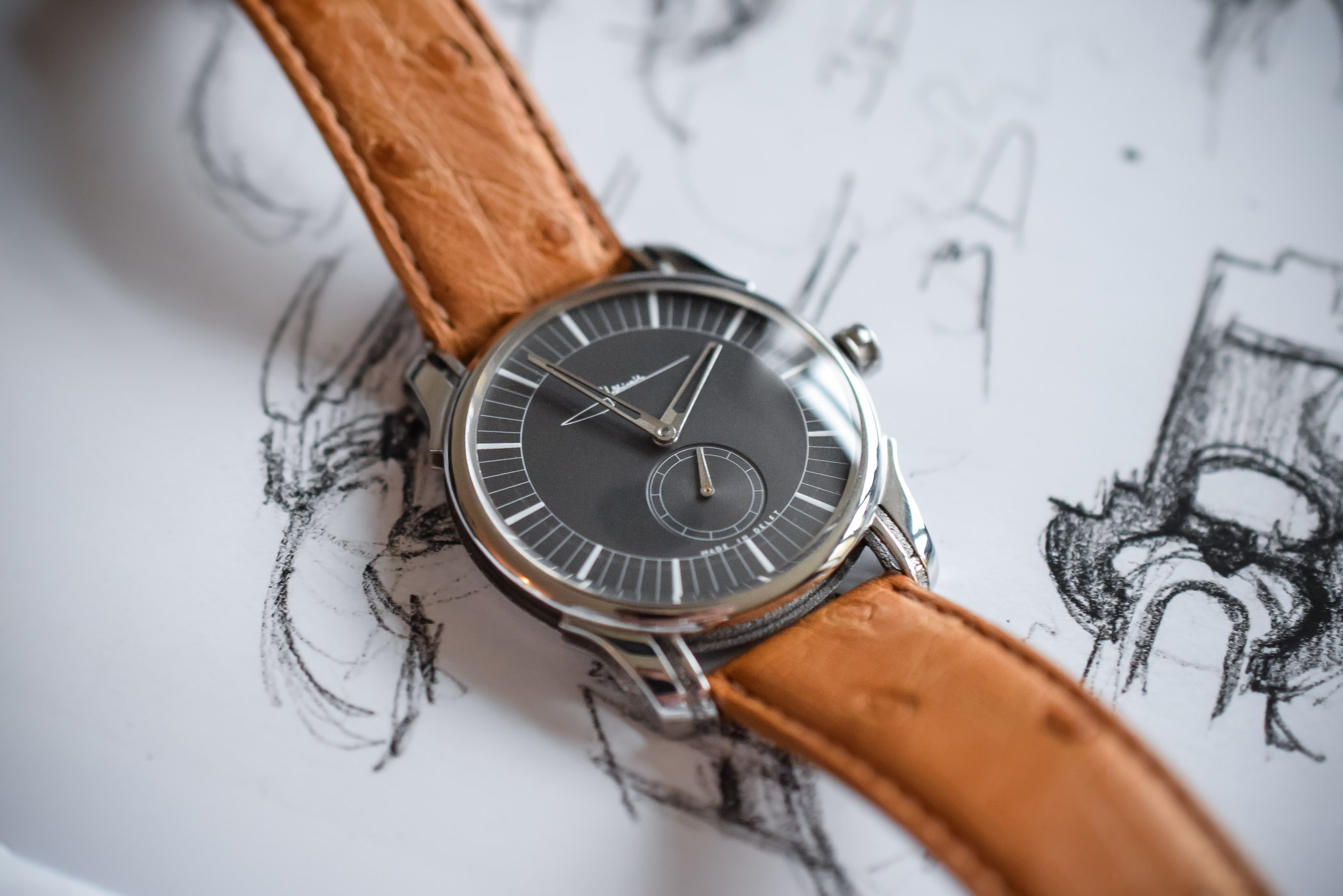
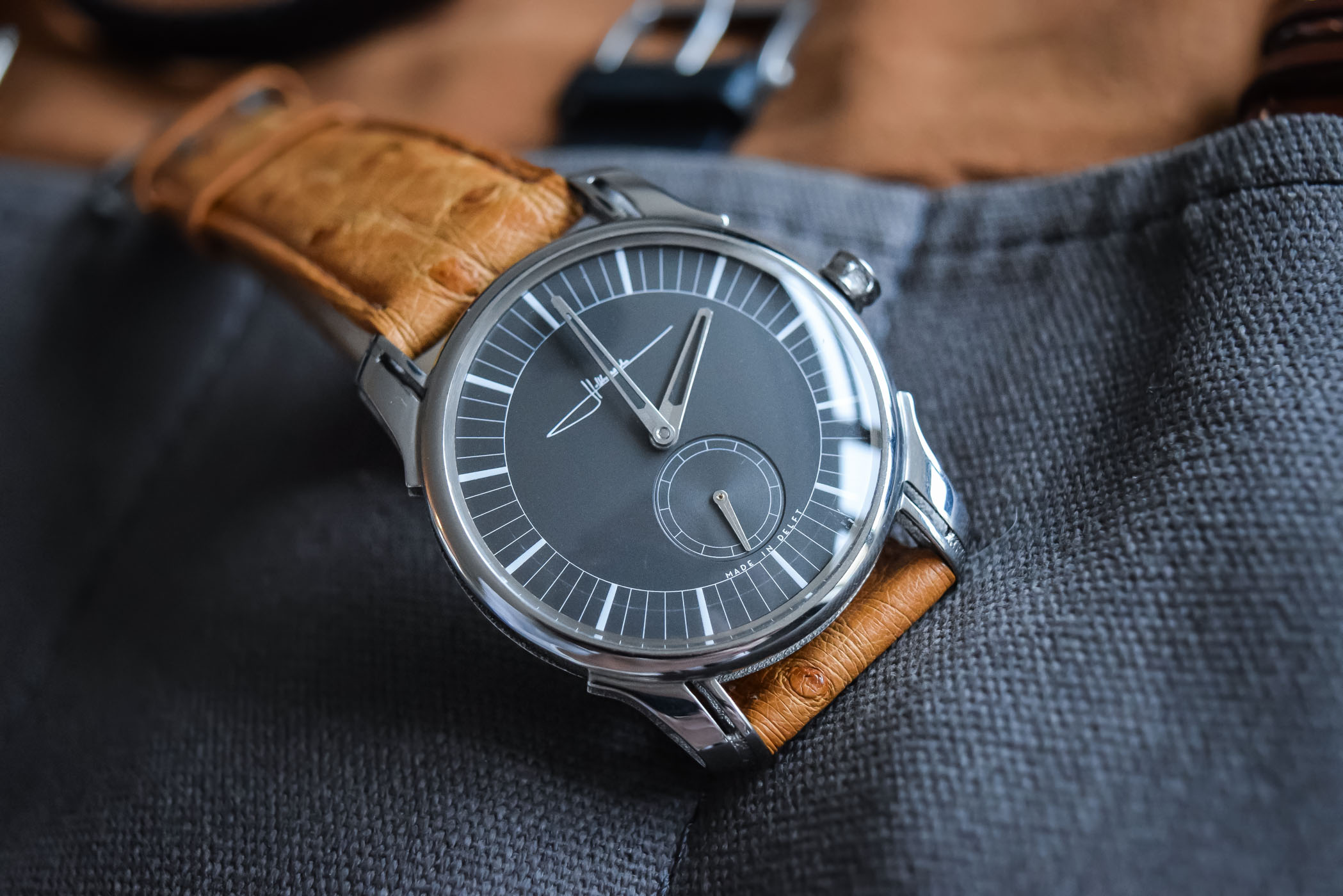
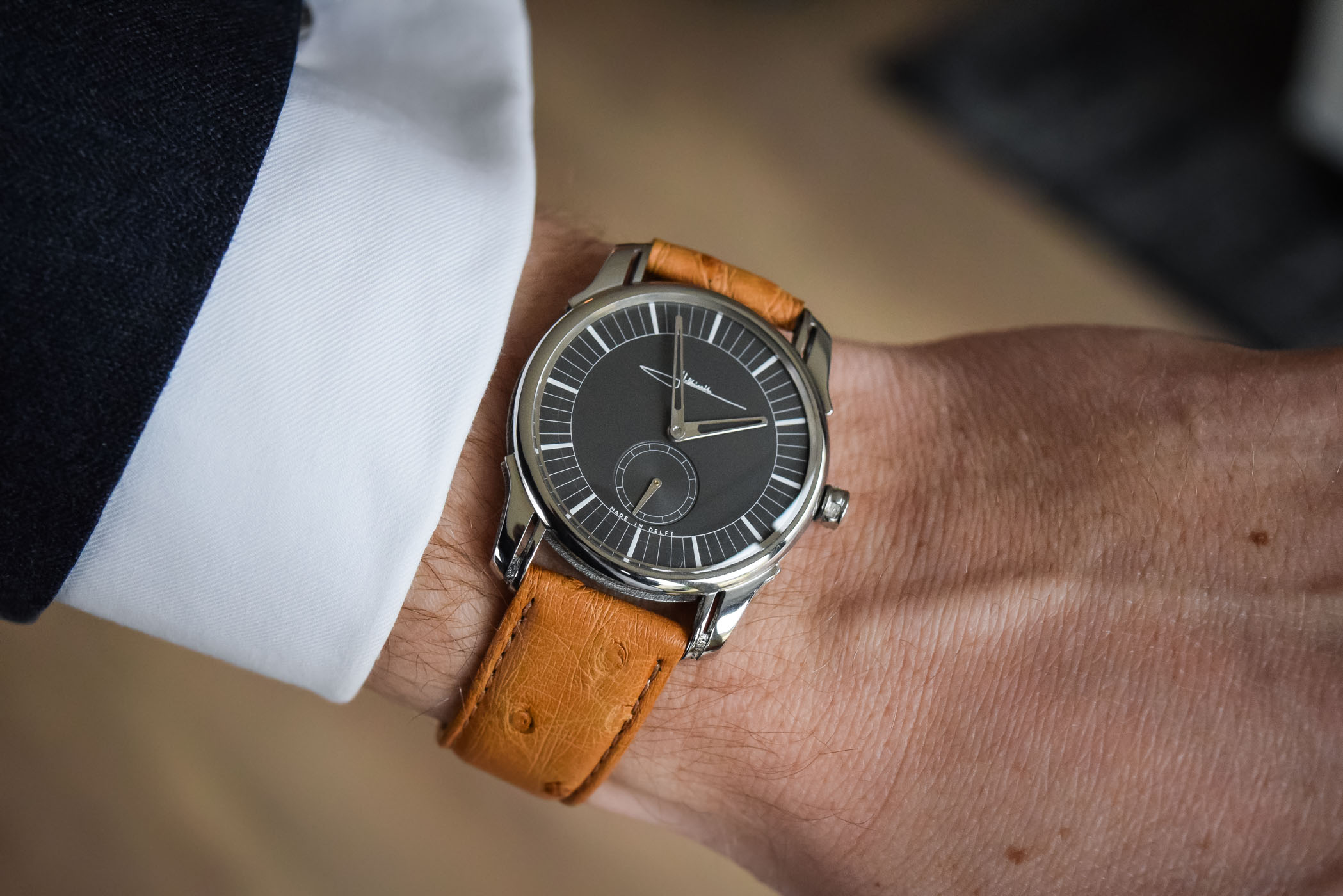
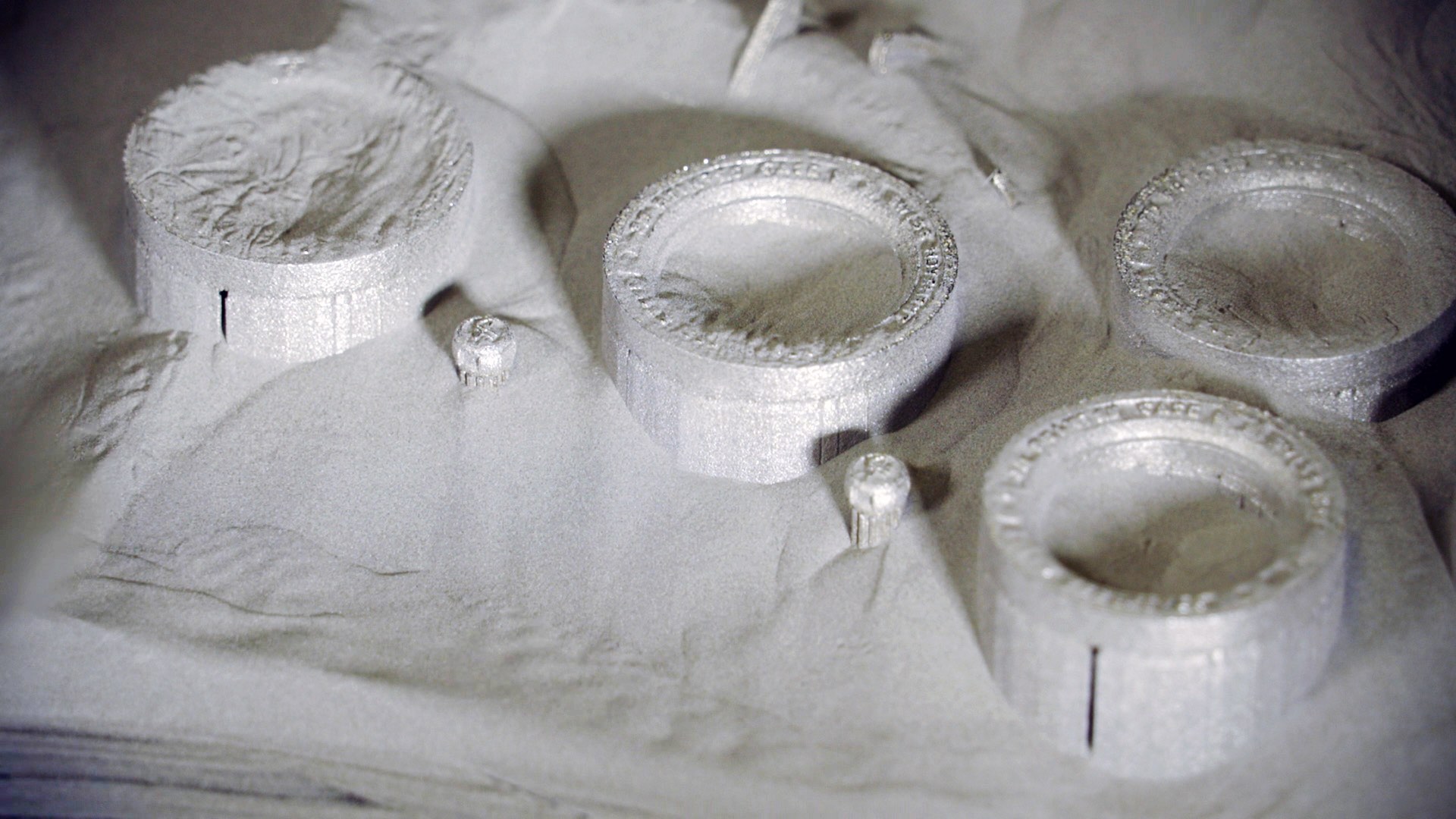
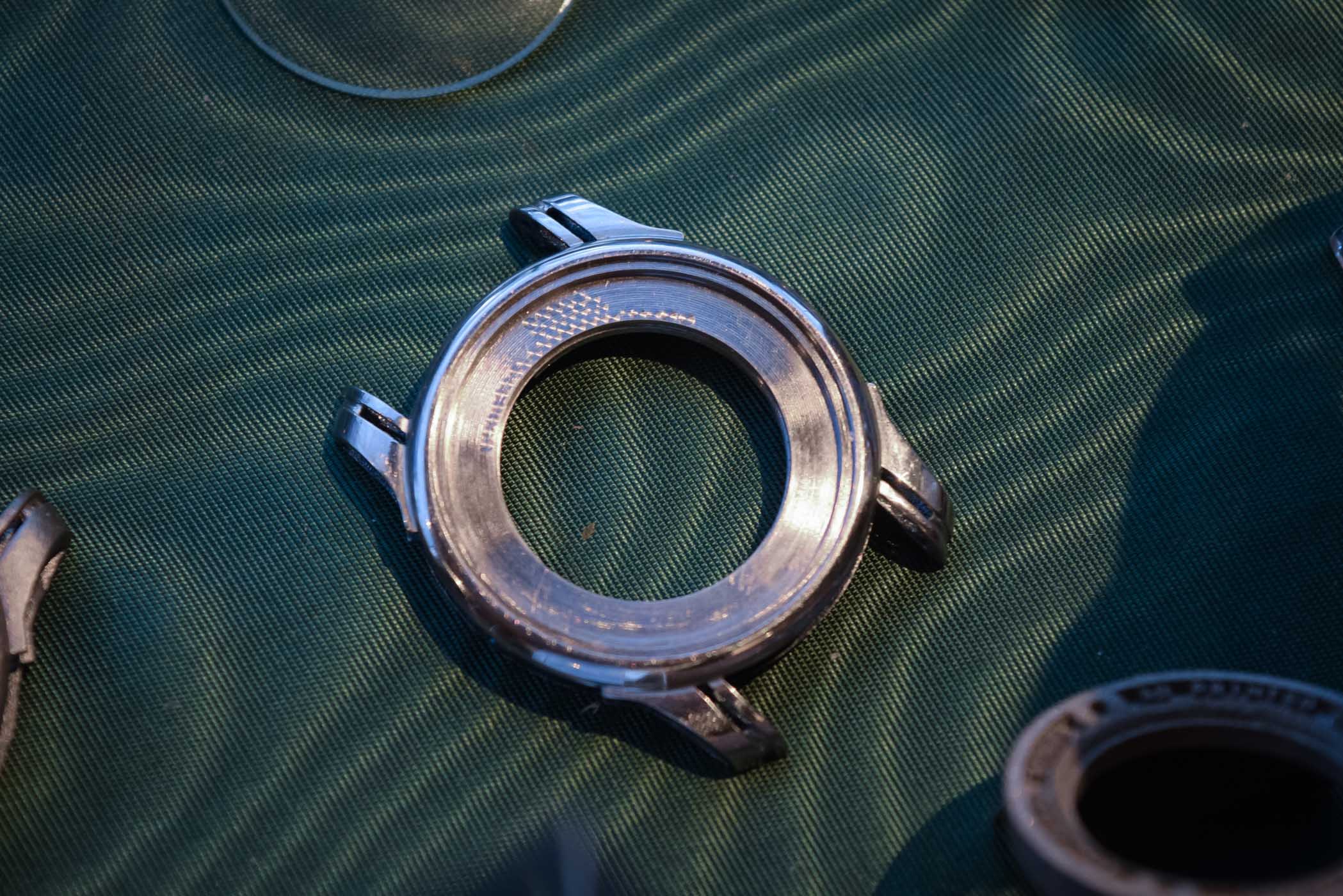
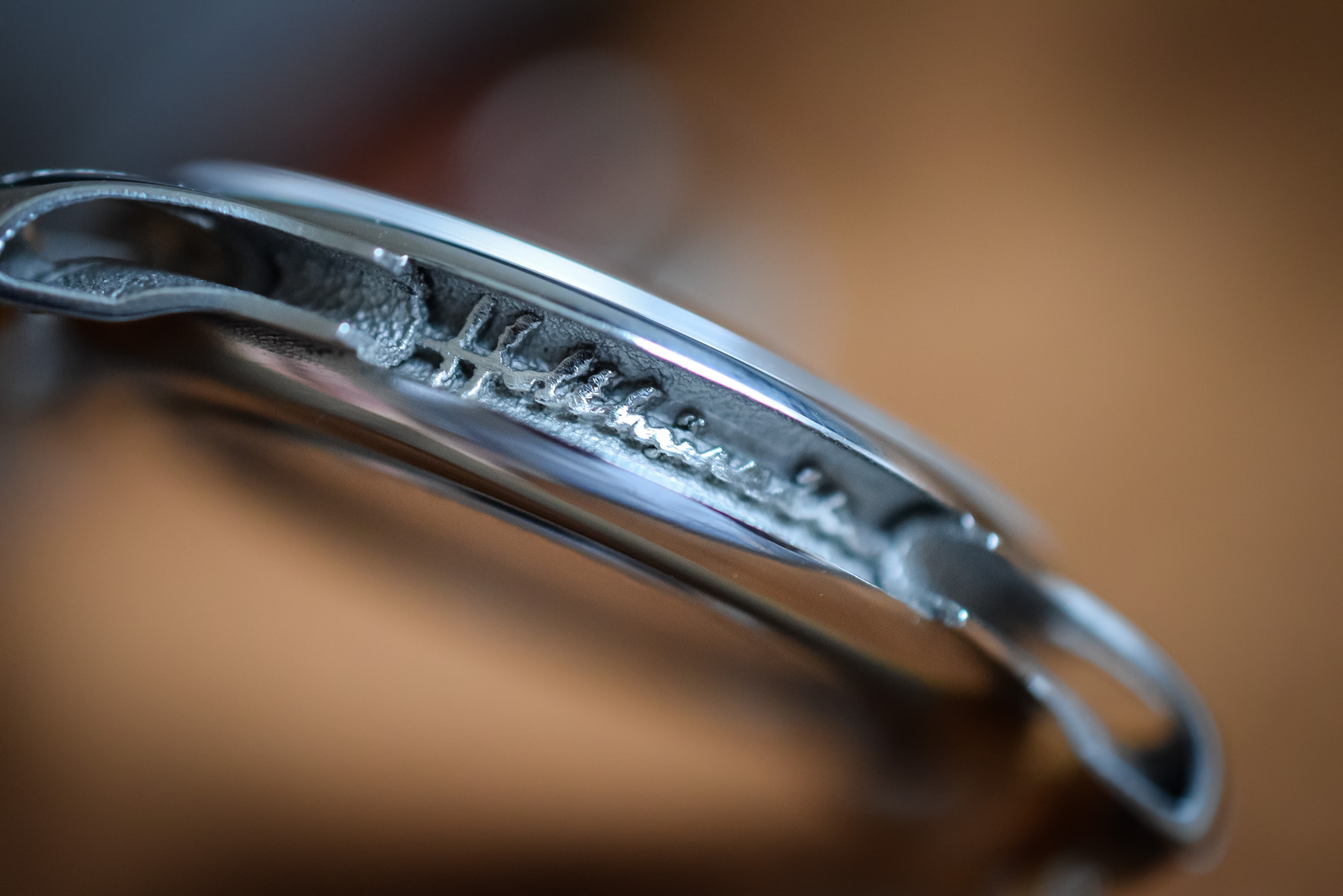
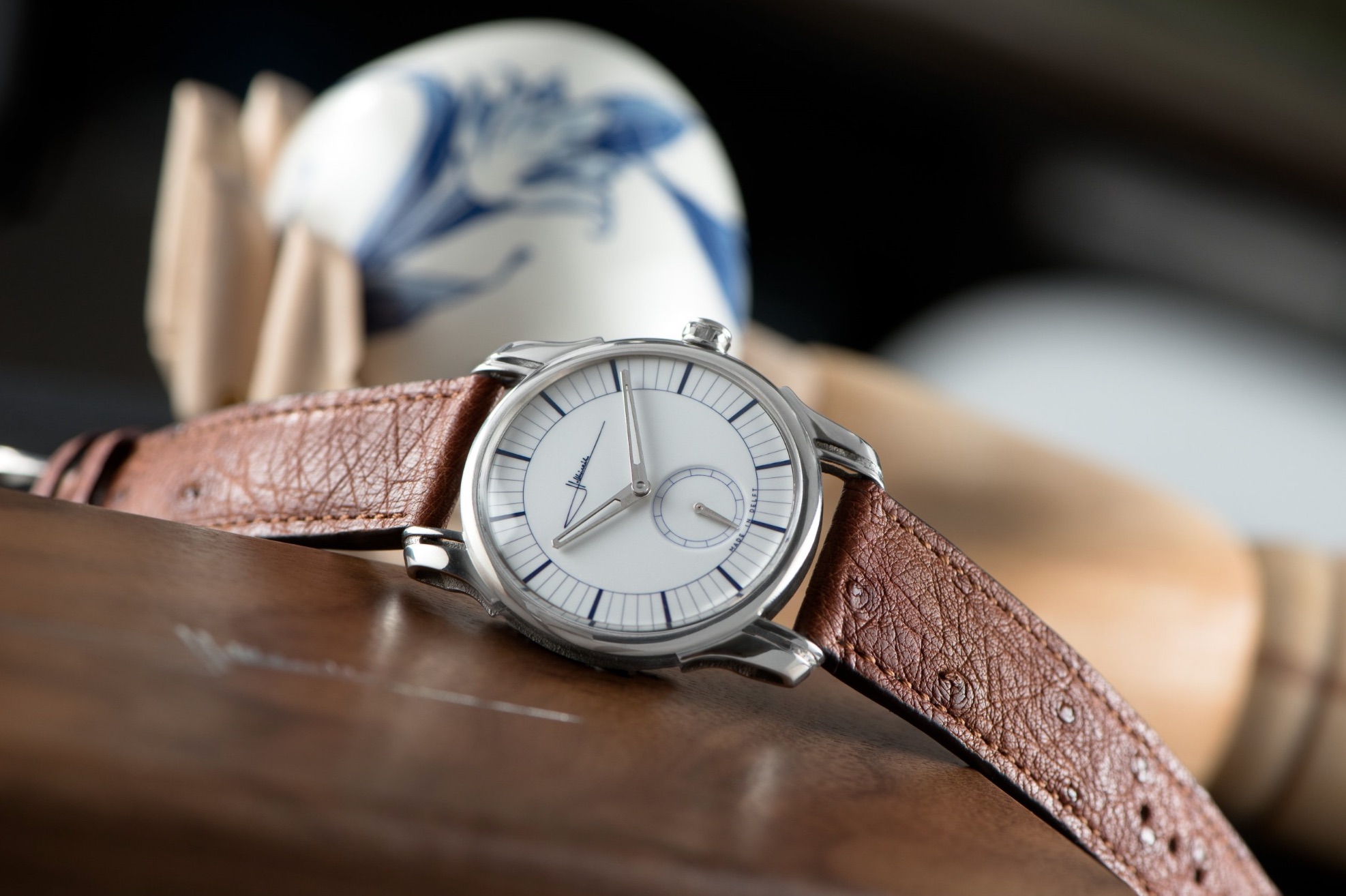
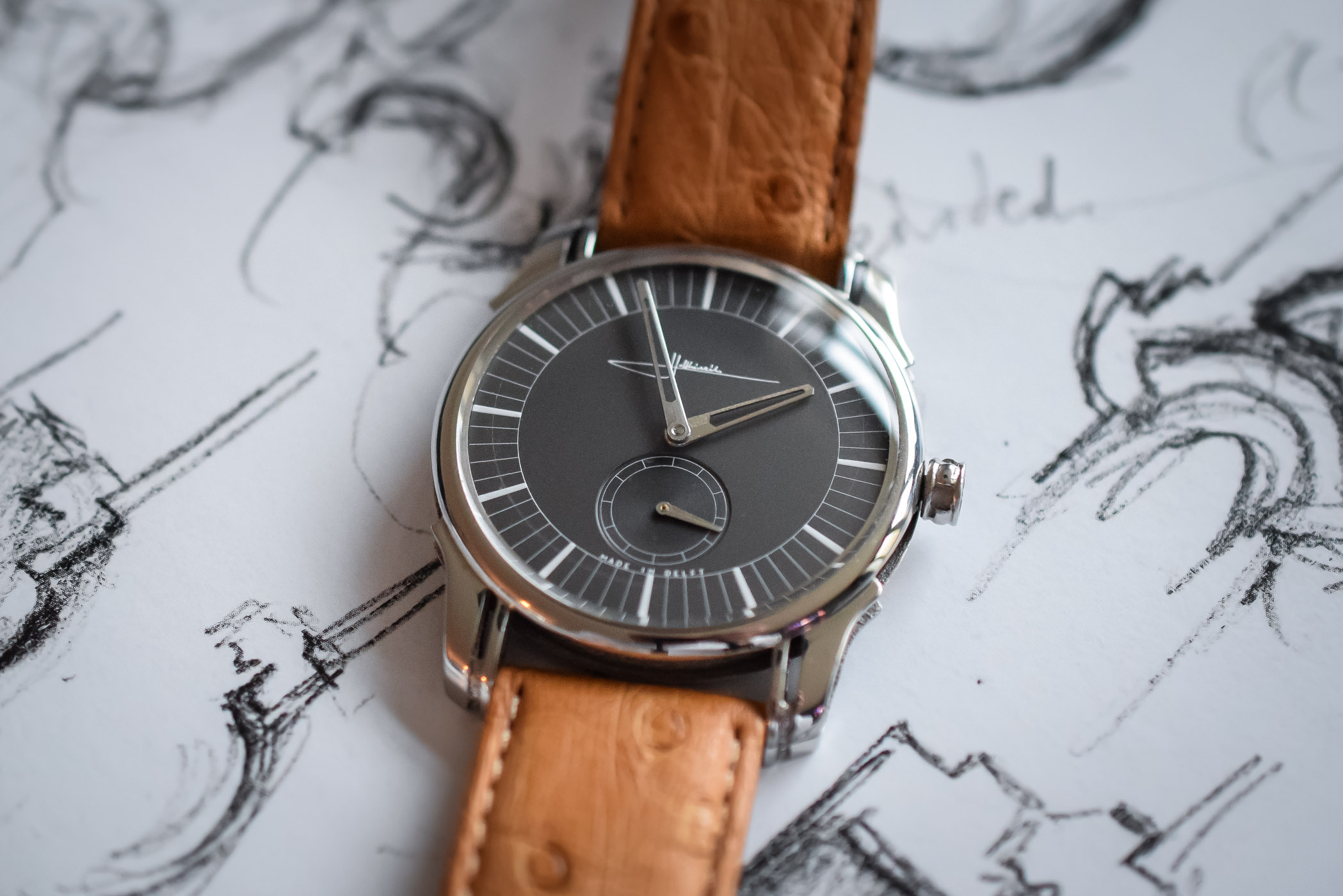
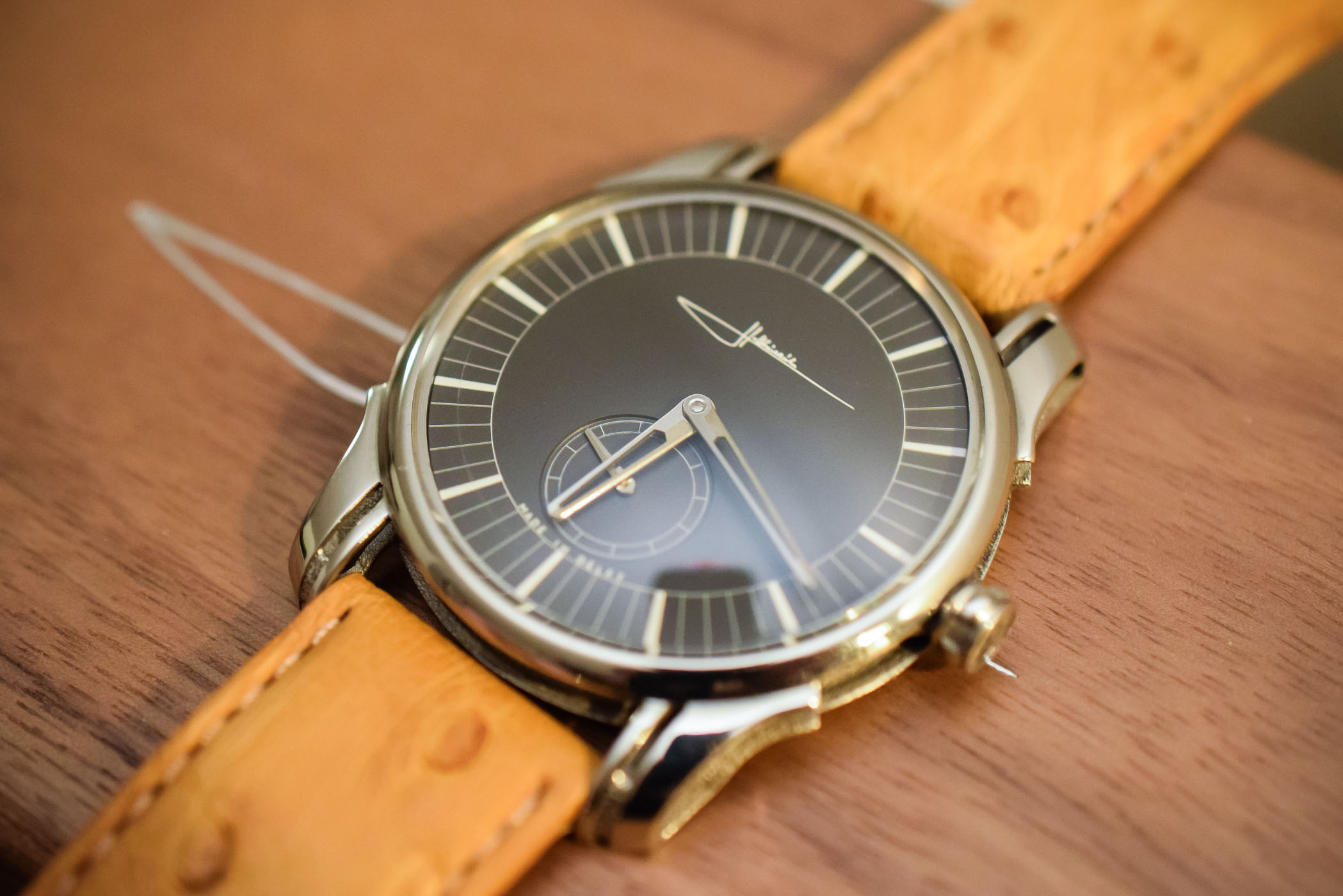
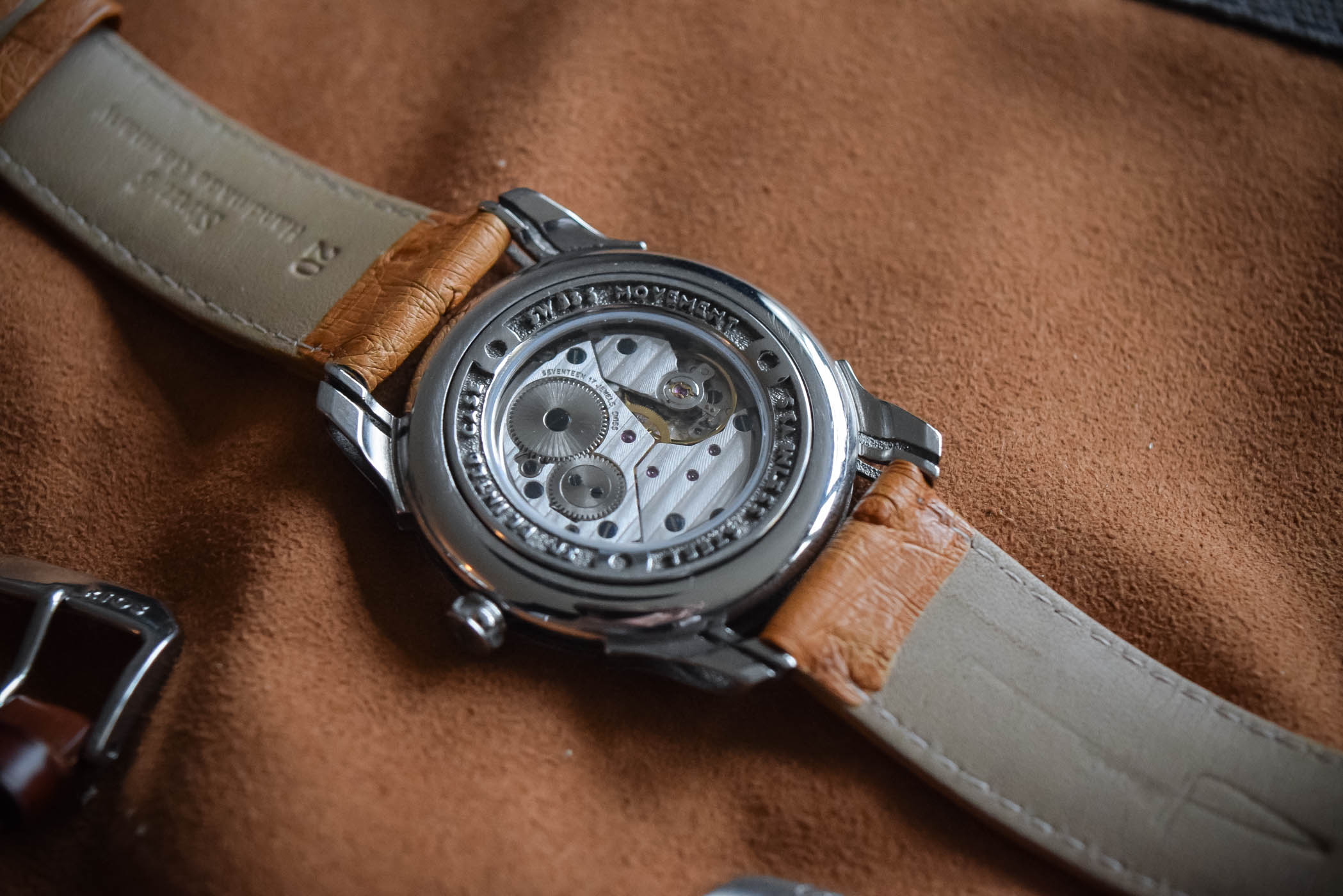
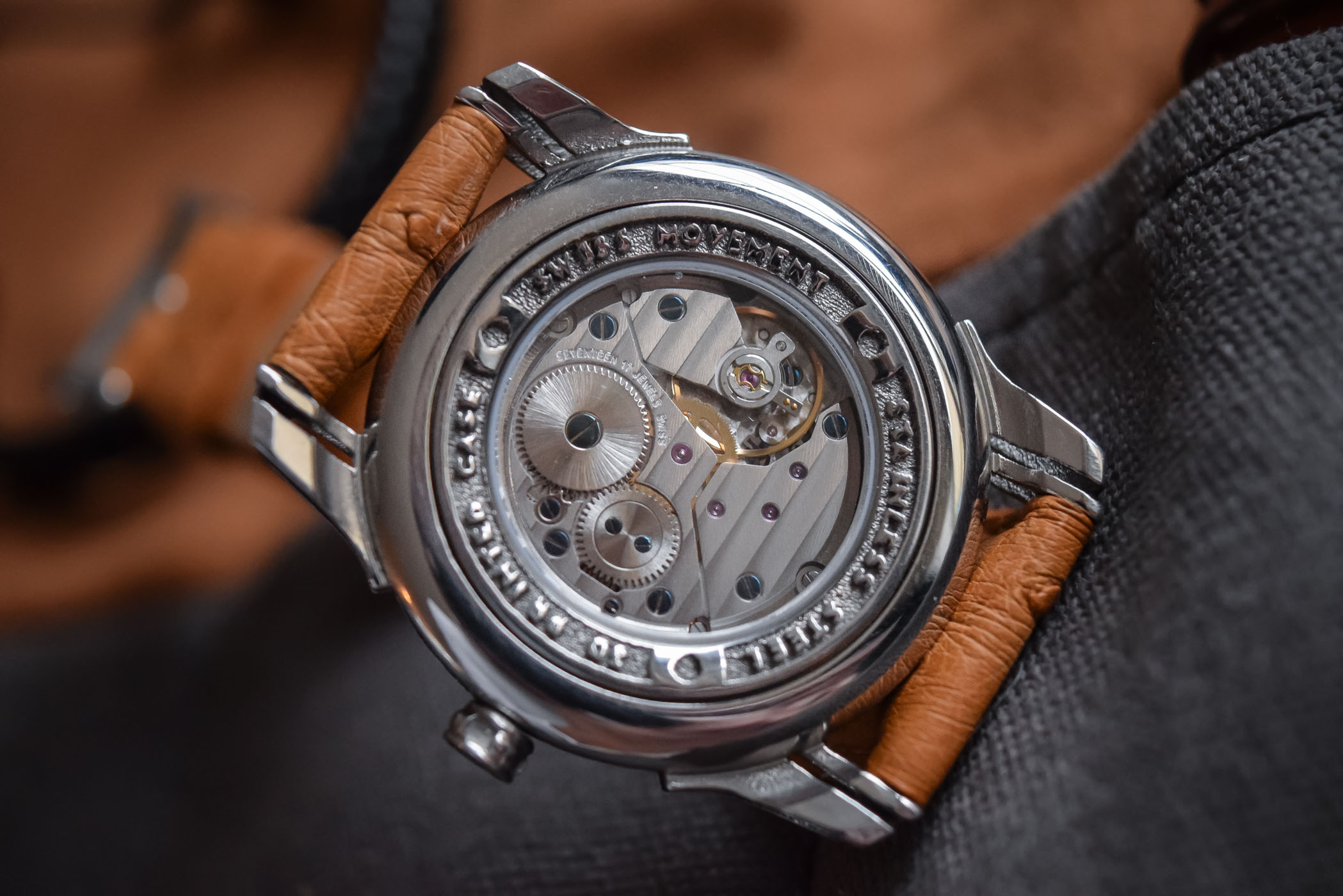
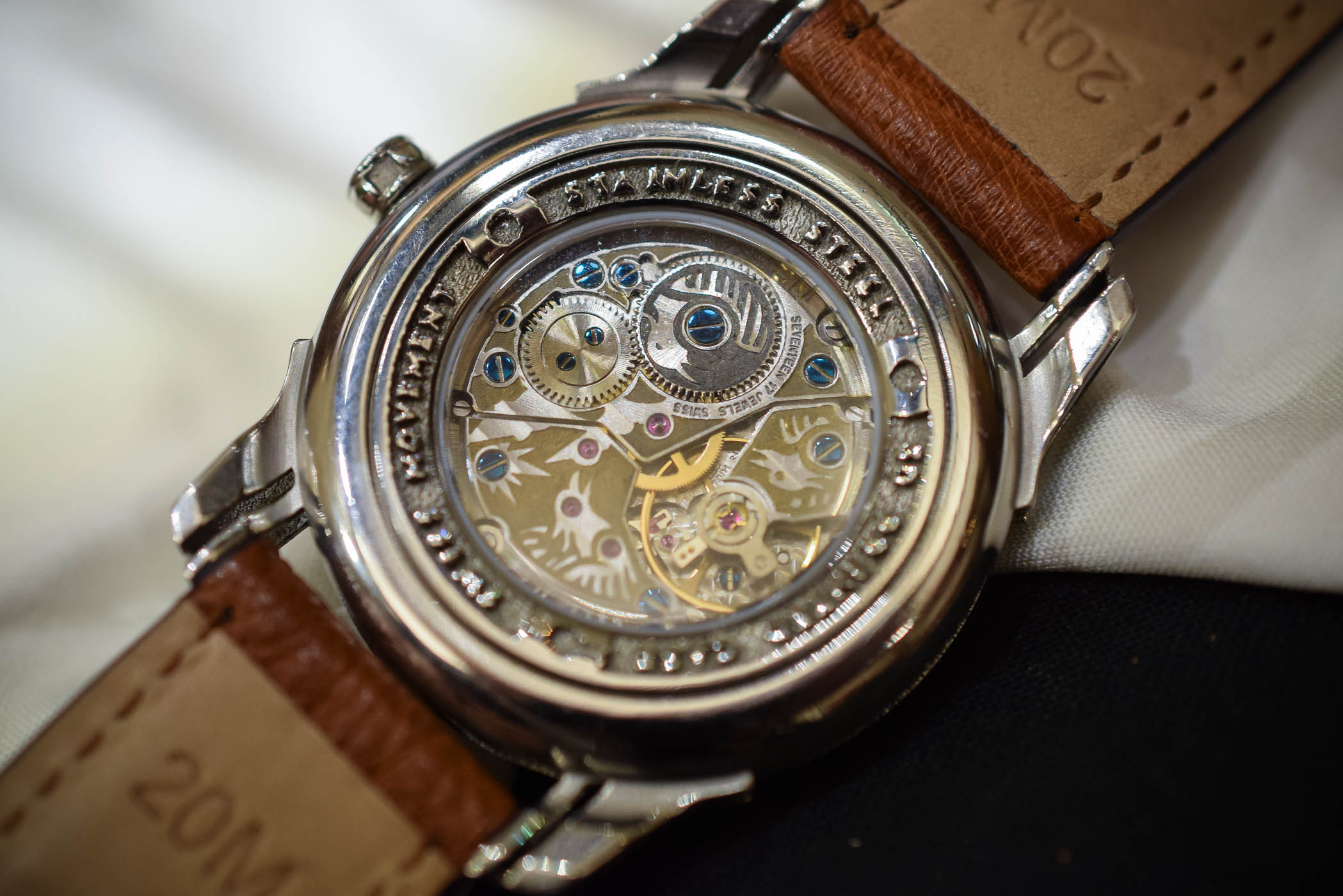
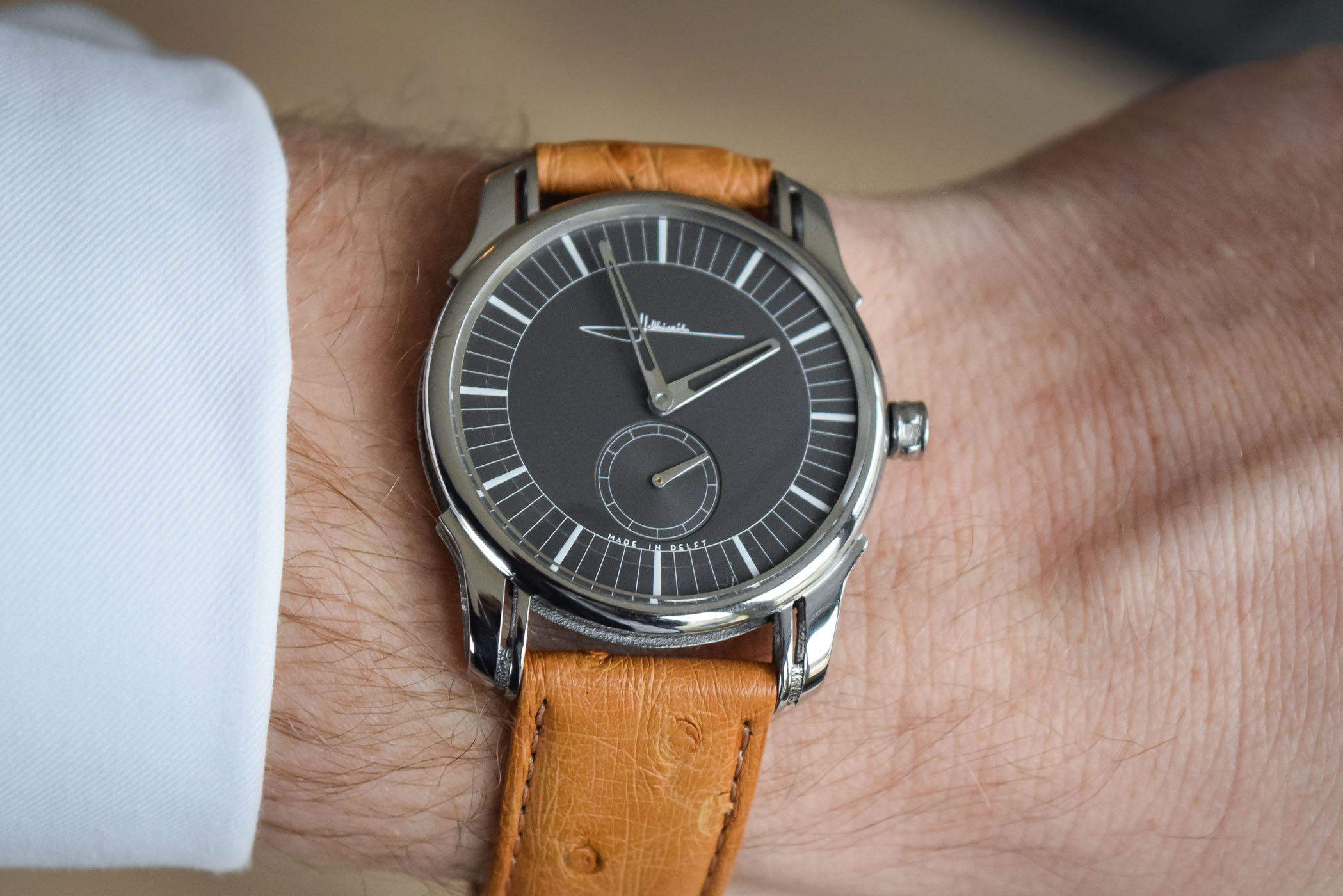
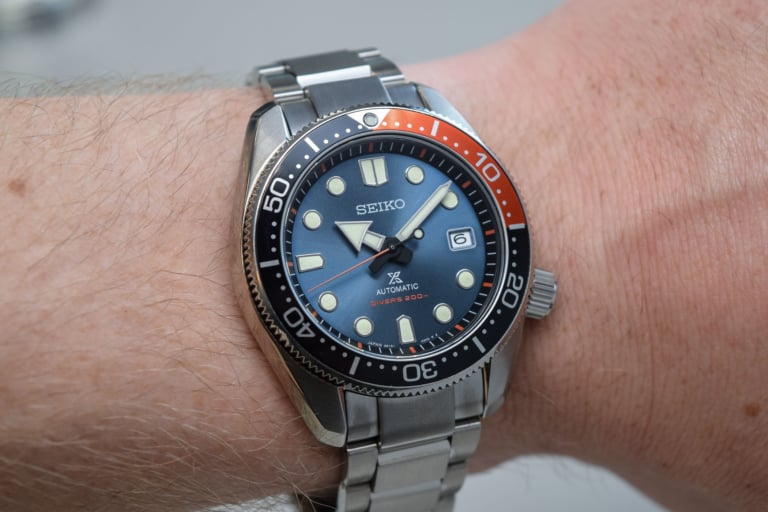
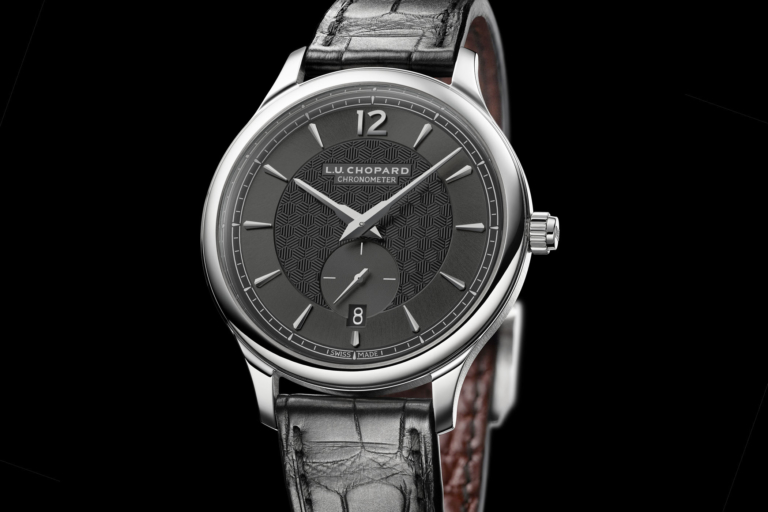
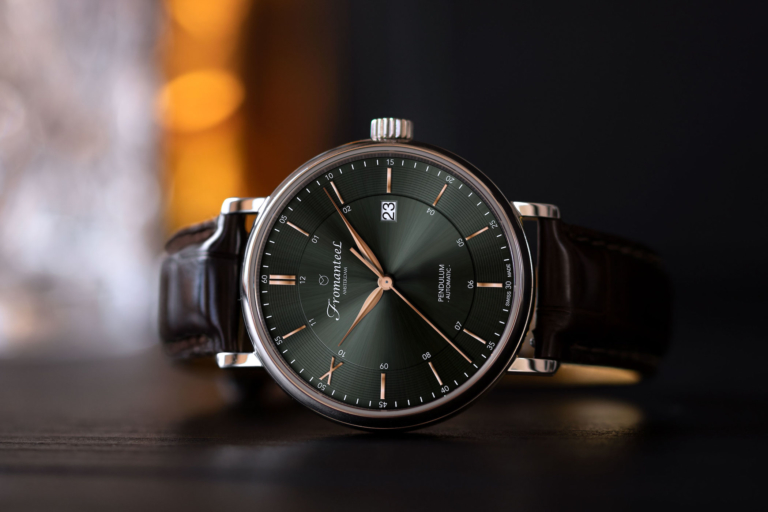
2 responses
The symmetry and balance between classicism and futurism is perfect here and is pure art deco. I love the way this watch presents itself, particularly the lugs. The ostrich strap seems born to this watch. Add this to the fact that it is priced very accessibly and you have a nearly irresistible piece. Bravo!
Big respect for this Dutch venture. Its a really cool crafted piece of engineering. Love the design combined with the tech and possiblity of customisation. Stands out from other micro-brands IMHO. Hope for Michiel that he will succeed to grow his business, all the best!